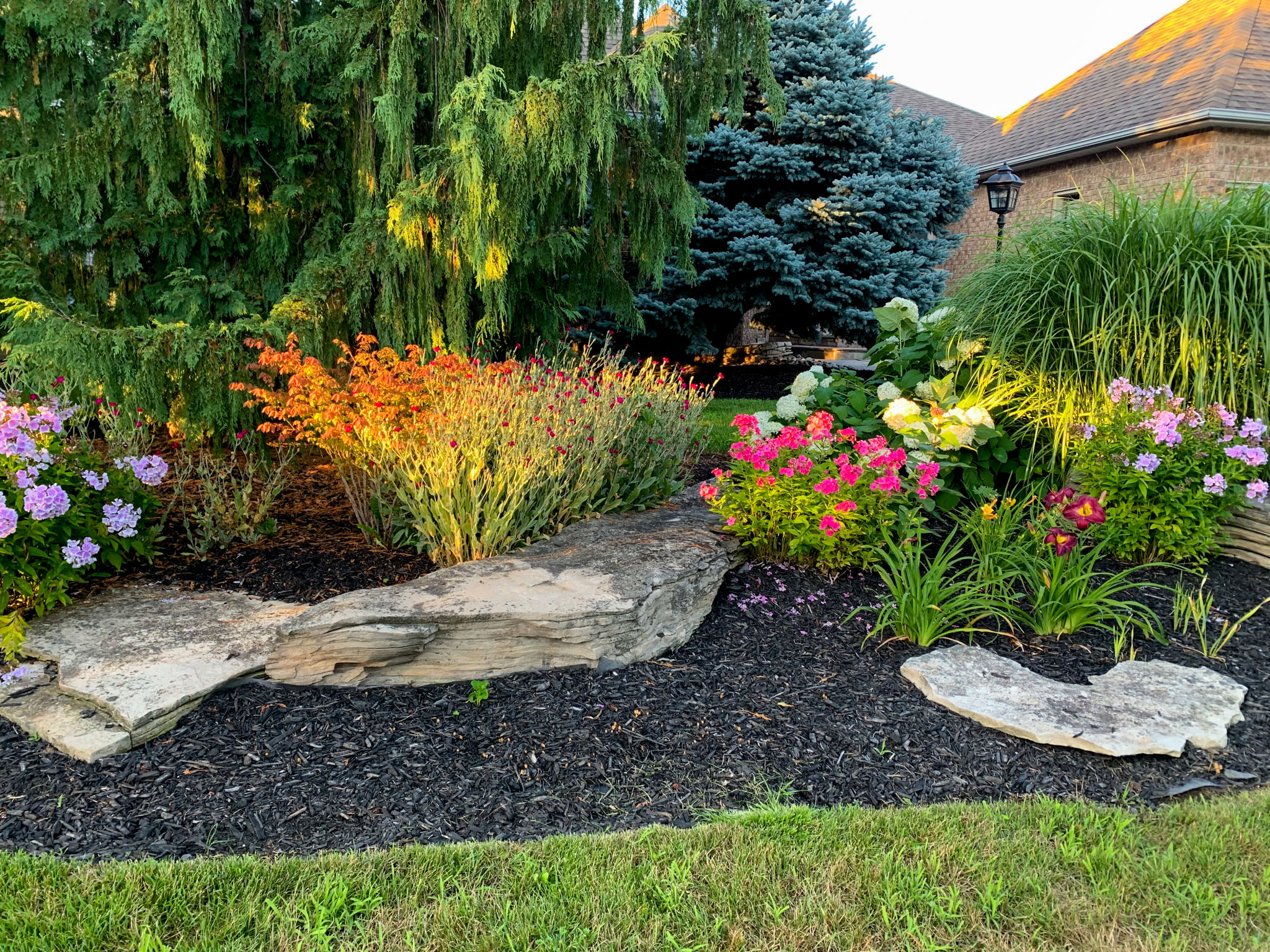Seasonal Wellness Activities for Veterans: Preparing for Change
Embracing Seasonal Changes
As the seasons change, so do our routines and the challenges we face. For veterans, these changes can be particularly impactful, influencing physical health, mental well-being, and overall life satisfaction. Embracing seasonal changes with a proactive approach can lead to a smoother transition and enhanced wellness. In this blog post, we explore various activities and strategies that veterans can incorporate into their lives to prepare for and thrive during these changes.

Physical Activities to Boost Health
Staying active is crucial for maintaining physical health and is especially important during seasonal transitions. Engaging in outdoor activities like hiking or walking in the fall can help veterans enjoy the crisp air and beautiful foliage, providing both physical exercise and mental relaxation. As winter approaches, indoor activities such as yoga or swimming can keep the body moving while offering warmth and comfort.
It's essential to create a routine that includes regular exercise. This can be as simple as a daily walk or a more structured workout plan. The key is consistency, which can help in managing stress and improving mood.
Mental Wellness Practices
Mental health is equally important, particularly when facing the shorter days and colder temperatures of autumn and winter. Mindfulness and meditation are powerful tools that veterans can use to maintain mental clarity and reduce stress. Setting aside time each day for these practices can lead to improved focus and emotional balance.

Joining a support group or participating in community events can also be beneficial. Building connections with others who understand the unique challenges veterans face creates a support network that can be invaluable during transitional periods.
Nutritional Adjustments for the Season
Seasonal changes often bring about shifts in dietary needs. As temperatures drop, our bodies may crave warmer, nutrient-rich foods. Incorporating seasonal produce such as squash, root vegetables, and leafy greens can provide essential vitamins and minerals. These foods are not only nutritious but also comforting during colder months.
Maintaining a balanced diet is crucial for overall wellness. Veterans should focus on meals that are rich in protein, healthy fats, and complex carbohydrates to sustain energy levels and support mental health.

Engaging in Creative Pursuits
Creative activities offer an excellent outlet for expression and relaxation. Engaging in art, music, or writing can help veterans process emotions and experiences in a constructive way. Whether through painting, playing an instrument, or journaling, these activities provide a sense of accomplishment and peace.
Setting aside time each week for creative pursuits can significantly enhance mental well-being. It offers a break from routine and allows for personal growth and reflection.
Seeking Professional Support
While self-care practices are important, seeking professional help when needed is equally crucial. Veterans may benefit from therapy or counseling to navigate seasonal changes. Professional support provides tools and strategies tailored to individual needs, ensuring comprehensive care.
Veterans should not hesitate to reach out for assistance. Many organizations offer resources specifically designed for those who have served, providing a supportive environment to discuss challenges and find solutions.
Building Resilience Through Routine
Establishing a daily routine that incorporates physical activity, mental wellness practices, proper nutrition, creative outlets, and professional support creates a sense of stability that helps veterans navigate seasonal transitions with resilience. By being proactive and embracing these changes, veterans can enhance their well-being throughout the year.